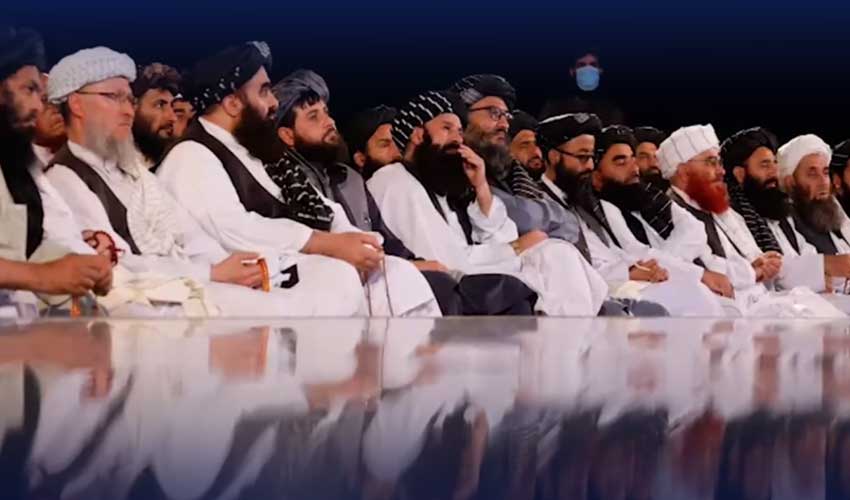Since the Taliban seized control in August 2021, the media landscape in Afghanistan has been under severe strain, with journalists encountering mounting challenges in their pursuit of truth and information.
Journalists operating within Afghanistan are finding it increasingly difficult to access accurate information and report on ground realities, as the Taliban imposes strict restrictions and hurdles.
Freedom of the press, once a cornerstone of Afghan society, is now under threat, with the Taliban regime cracking down on journalistic freedoms.
Reports from the United Nations indicate that several journalists who dared to speak out against Taliban atrocities have been arrested, while others have faced intimidation tactics, including threats of license revocation and legal action.
Read more: Kabul Airport suicide attack mastermind released by Taliban
Even international journalists working under the auspices of organizations like the UNHCR have not been spared, with reports of their detention surfacing since the Taliban's rise to power.
Before the Taliban takeover, Afghanistan boasted a vibrant media landscape, with dozens of newspapers and media outlets. However, the situation has deteriorated rapidly, with a staggering number of media organizations suspending their operations since August 2021.
The decline in press freedom has been starkly evident in international rankings, with Afghanistan's position plummeting from 122nd in 2021 to 156th in 2023 on the World Press Freedom Index.
The Taliban's grip on media control has been tightening, with instances of censorship becoming more frequent. In March 2022, Voice of America was banned from broadcasting over alleged violations of national press laws, further stifling independent voices.
Incidents of harassment, arrest, and even torture of journalists have become distressingly common, with more than 75 such cases recorded within a six-month period in 2022. Female journalists, in particular, have been targeted, facing a total ban from April 2023 onward.
The plight of journalists in Afghanistan has drawn international condemnation, with UNESCO reporting on the deaths of several journalists and highlighting the country's status as the most dangerous for media personnel.
The shrinking media landscape has resulted in a significant reduction in the number of TV channels, radio stations, and media workers. Female journalists, once a vital part of the industry, now represent only a fraction of their former presence.
Most recently, the Taliban suspended the broadcast of two TV channels, Noor TV and Baria TV, citing violations of Islamic and national values.



























